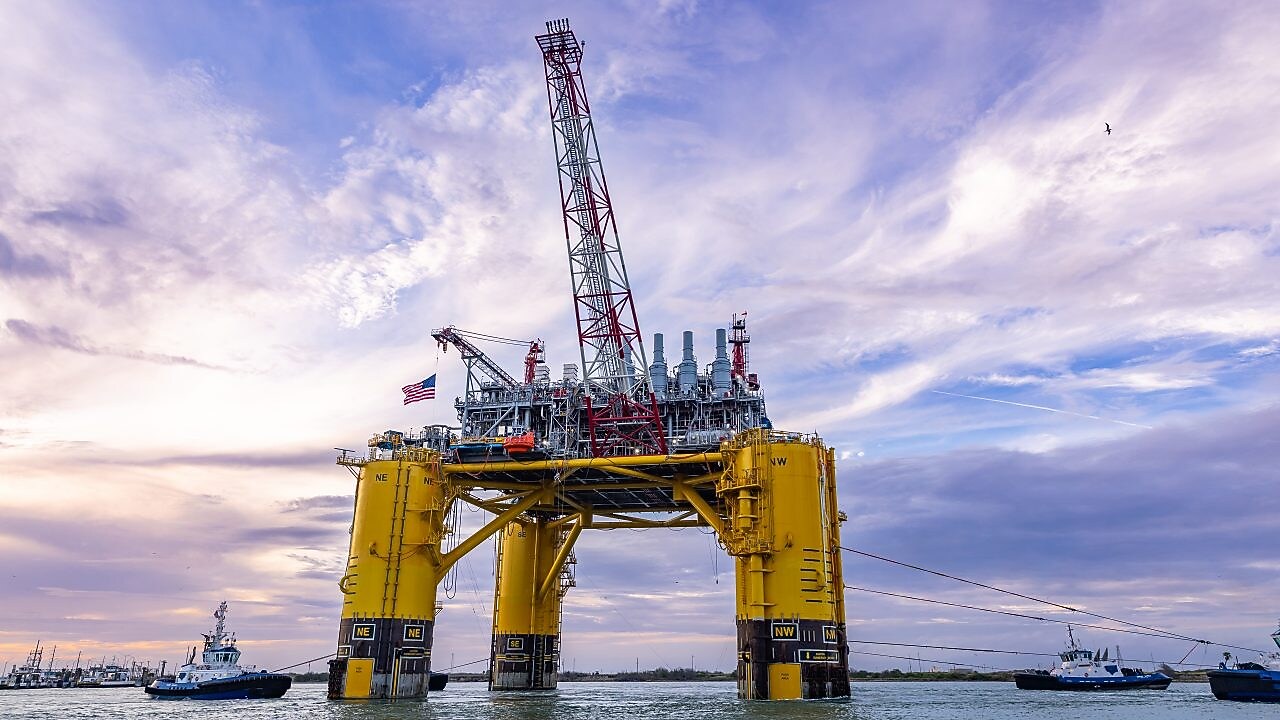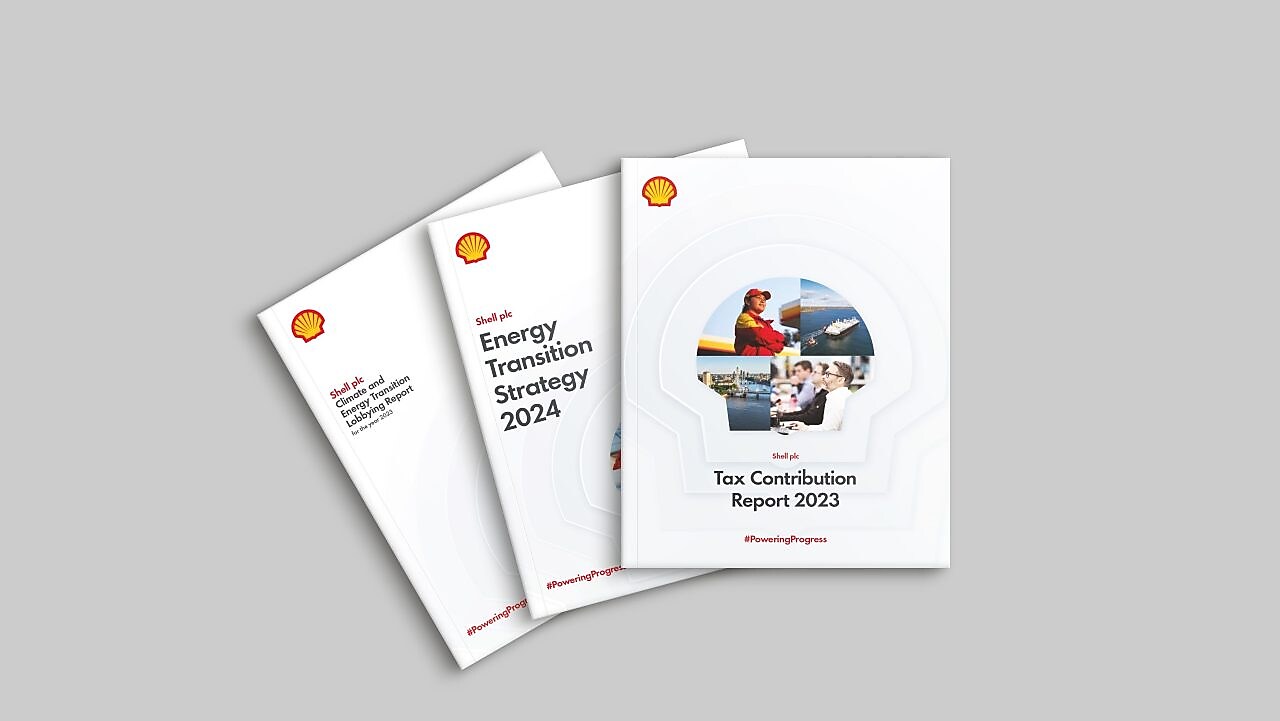Reporting standards and ESG ratings
Our reporting is informed by a number of reporting standards and frameworks. We participate in a selection of environmental, social, and governance (ESG) ratings most often used by our stakeholders.
In anticipation of the transposition by the Netherlands of the EU Corporate Sustainability Reporting Directive (CSRD) into national law, a key development for Shell in 2024 has been the voluntary implementation of the CSRD and the accompanying European Sustainability Reporting Standards (ESRS). The CSRD requires certain European and non-European companies (including Shell plc due to its listing on Euronext Amsterdam) to make disclosures on environmental, social and governance topics in accordance with reporting standards set out in the ESRS. With the introduction of the Sustainability Statements in our Annual Report and Accounts 2024 (published March 25, 2025), we have retired our voluntary Sustainability Report after 27 years.
Additional reporting standards
Shell’s reporting on sustainability-related matters is informed by a number of standards, including those below.
Task Force on Climate-related Financial Disclosures (TCFD)
Shell supports the recommendations of the Task Force on Climate-related Financial Disclosures (TCFD).
In accordance with the UK Listing Rule 6.6.6R, we report our climate-related financial disclosures consistent with all the TCFD Recommendations and Recommended Disclosures. We also consider relevant supplemental guidance including, for example, the TCFD's additional guidance "Implementing the Recommendations of the Task Force on Climate-related Financial Disclosures" (also known as the 2021 TCFD Annex) published in October 2021 by the TCFD. We continue to align and enhance our climate-related disclosures.
See page 133 in our Annual Report and Accounts for our TCFD disclosures index.
IPIECA/API/IOGP Sustainability Reporting Guidance for the Oil and Gas Industry
In 2020, Ipieca, along with the American Petroleum Institute (API) and the International Association of Oil and Gas Producers (IOGP), published the fourth edition of the "Sustainability reporting guidance for the oil and gas industry”. Shell actively supported the updating of the guidance along with other member companies. It has been endorsed by industry associations around the world.
World Business Council for Sustainable Development (WBCSD)
As a member of WBCSD, Shell’s sustainability reporting is subject to the WBCSD’s annual benchmarking review for effective, impactful sustainability reporting called Reporting Matters. In Reporting Matters, the WBCSD analyses corporate sustainability reporting, scoring disclosures against agreed principles, content and effectiveness categories.
Global Reporting Initiative (GRI)
The Global Reporting Initiative (GRI) has developed sustainability reporting guidelines that strive to increase the transparency and accountability of economic, environmental, and social performance. It was established in 1997 in partnership with the United Nations’ Environment Programme. We recognize the value of the GRI in assisting the process of improving disclosure by identifying sustainability indicators, and in enhancing the comparability and standardisation of reporting.
United Nations Global Compact
The United Nations (UN) has developed a global agreement, or compact, with businesses to align their operations and strategies with ten universally accepted principles in the areas of human rights, labour, the environment and anti-corruption. We support the compact and we have reported in line with its principles for a number of years.
ESG data providers and ratings
We participate in a number of environmental, social and governance (ESG) surveys:
| ESG Survey | Updated Score |
|---|---|
| Sustainalytics ESG Risk Rating | 36.8 (February 2025) |
| MSCI ESG Rating | A (October 2024) |
| ISS ESG Corporate Rating | C+ (October 2024) |
| FTSE4Good Index Series | Shell has been included in the FTSE4Good Indexes since 2001. |
| Corporate Human Rights Benchmark | Shell ranks 9th in the extractives sector (out of 55), as of November 2023 |
| EcoVadis | 58/100, (valid until December 2025) |


